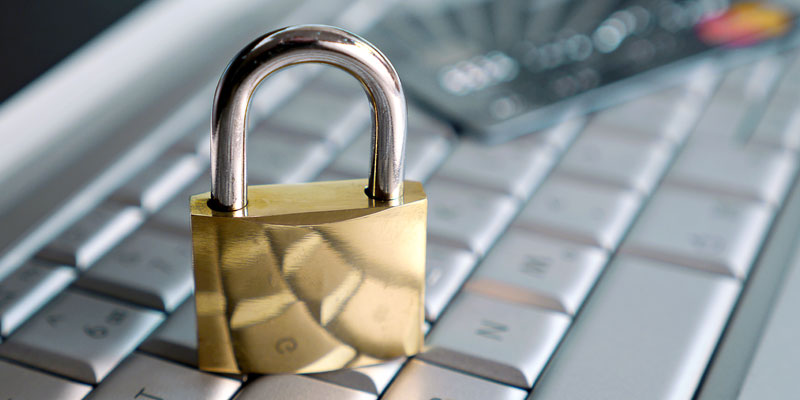To keep your electronic life safe & secure, you can take advantage of the following tips to remove clutter, upgrade technologies, and perform a digital spring cleaning.
1. Get rid of excess files. Go through all of your folders, including the recycle bin, and discard items no longer in use.
2. Organize all forms of media in labeled folders.
3. Streamline your desktop so it isn’t inundated with icons that slow boot-up times.
4. Uninstall programs you never or rarely initiate, reducing the potential for malware.
5. Update your passwords by making them unique, never the same, and having different characters/numbers.
6. Back up important data on a flash drive or with online storage.
7. Consider reinstalling your operating system after everything is backed up.
8. Update your Internet security software with antivirus, antispyware, antiphishing and firewall applications.
9. Defragment your hard drive.
10. Don’t forget your mobile device. Double-check your smartphone and remove unneeded apps.
And be sure to visit us here for information regarding how your credit union can help you guard your resources.

